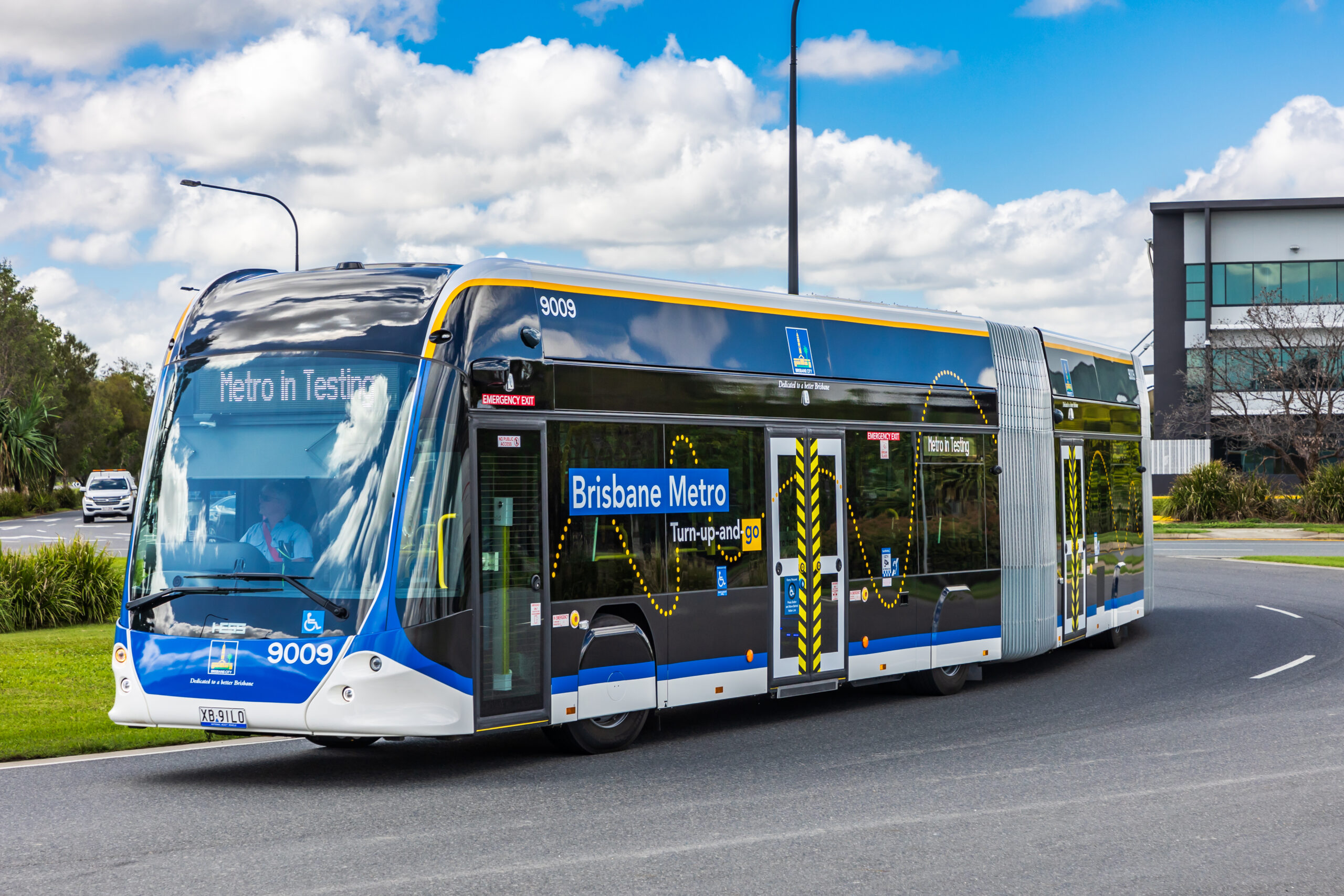Sign up for daily news updates from CleanTechnica on email. Or follow us on Google News!
Africa Electric Mobility Week is on in Nairobi, Kenya, this week from the 17th to the 22nd of September. It is a great time to check on some of the progress in key sectors such as electrification of public transport in Kenya. One of the main modes people use to get around revolves around motorcycle taxis. This sector is moving along quite nicely in terms of electrification. In 2023, electric motorcycle sales were close to 4% of all motorcycles sold in Kenya in 2023. Small to medium sized buses (14-seater to about 36-seater) also play a major role in the Kenyan public transport sector. This sector is making substantial progress in terms of electrification. The leader in this space is BasiGo.
BasiGo is an electric vehicle technology and financing company working to bring electric bus services to sub-Saharan Africa. Headquartered in Nairobi, Kenya, the company offers electric buses along with charging and maintenance services for city bus operators. BasiGo also makes electric buses more affordable to operators through an innovative financing model through a unique battery financing arrangement known as “Pay-as-you-Drive.” BasiGo began pilot testing electric buses in Nairobi in early 2022. It kickstarted its operations with two electric buses at that time. Since then, BasiGo has successfully deployed over 30 electric buses in Kenya and Rwanda in collaboration with several bus operators.
BasiGo has been using BYD K6 electric buses as well as the locally assembled 210kWh E9 Kubwa electric bus — a 36-seat electric bus adapted for the Kenyan market. Recently, BasiGo has started using Tata Ultra electric buses. BasiGo says these 9-metre long, 36-seater buses are fully air conditioned and offer a driving range of over 200 km on a single charge. They are powered by an advanced battery system and equipped with best-in-class features. The buses are designed to provide safe, efficient, and comfortable intra-city commutes. BasiGo says this new batch reaffirms the company’s commitment towards making public transport in Kenya sustainable and emission-free.
Speaking at the flag-off ceremony, Mr. Jit Bhattacharya, CEO of BasiGo, said, “BasiGo is committed to bringing Electric Bus technology that best meets the needs of Nairobi PSV operators and passengers. We are excited to launch this pilot test of Tata’s state-of-the-art Ultra EV buses here in Nairobi, and we are looking forward to seeing their performance in real-world operation.”
Since March 2022, BasiGo has deployed 30 electric buses with major Nairobi PSV operators including Citi Hoppa, Super Metro, Metro Trans, Embassava, Latema Travels, OMA Services, and Kenya Bus Service. BasiGo buses have driven over 2.2 million km and mitigated over 1,000 tonnes of CO2. BasiGo also recently launched Kenya’s first dedicated assembly line for electric buses at Kenya Vehicle Manufacturer’s in Thika.
BasiGo plans to have over 100 buses on the road by the end of this year and over 1,000 electric buses by the end of 2026. BasiGo also started running a pilot fleet of buses in Rwanda. These encouraging results from BasiGo’s operations in Kenya provide some particularly good insights into the potential for electric buses to play a crucial role in the public transport sector. I hope this leads to more interest in introducing electric buses from more players around the various parts of the African continent.

Have a tip for CleanTechnica? Want to advertise? Want to suggest a guest for our CleanTech Talk podcast? Contact us here.
Latest CleanTechnica.TV Videos
CleanTechnica uses affiliate links. See our policy here.
CleanTechnica’s Comment Policy





